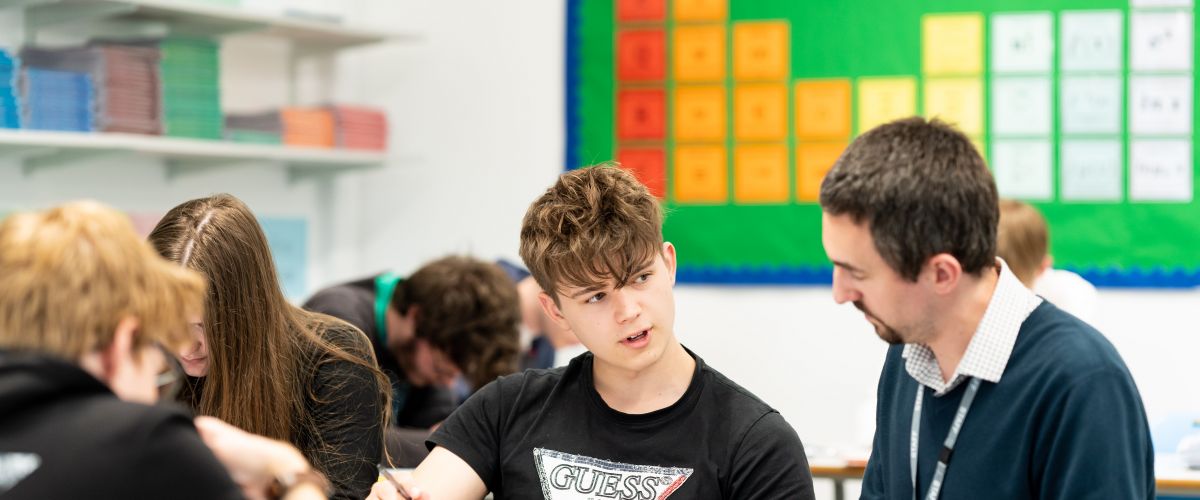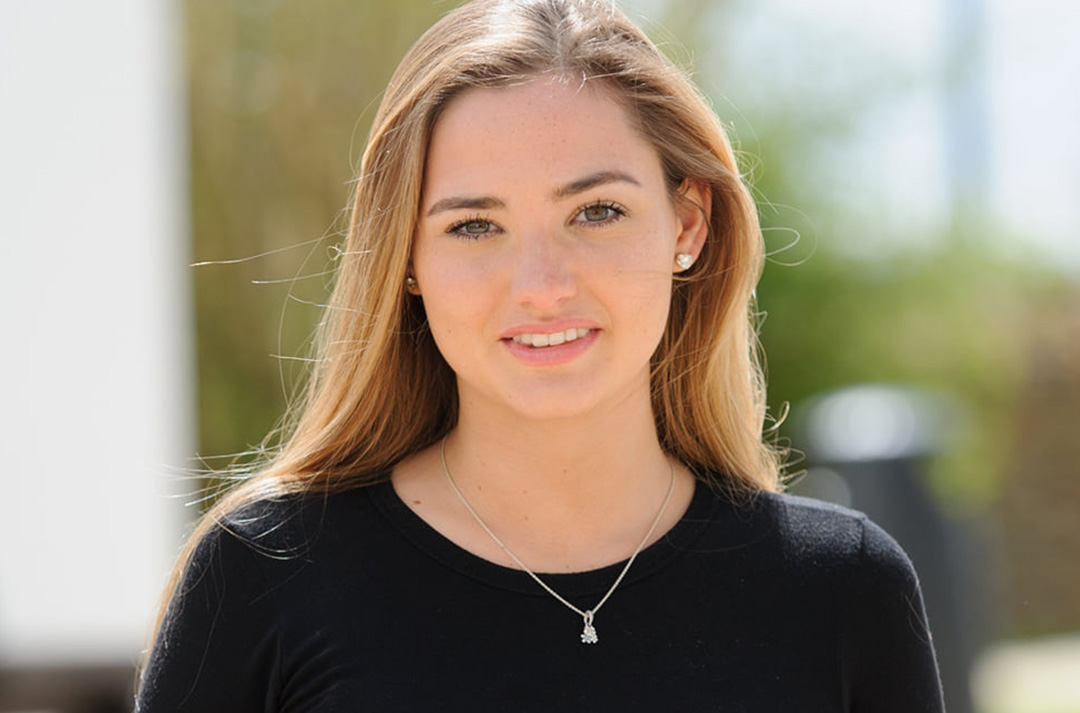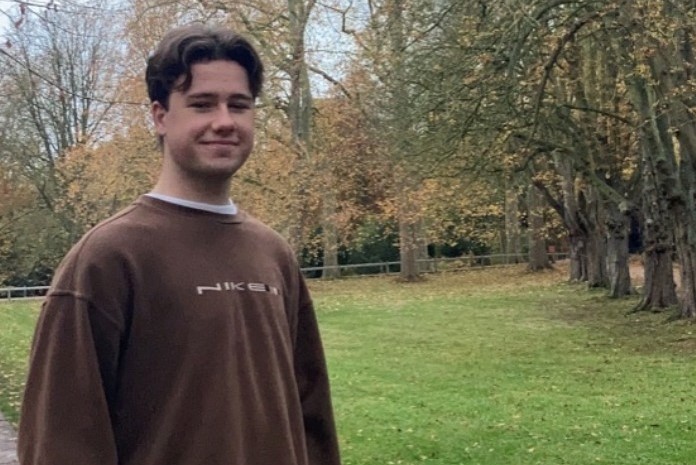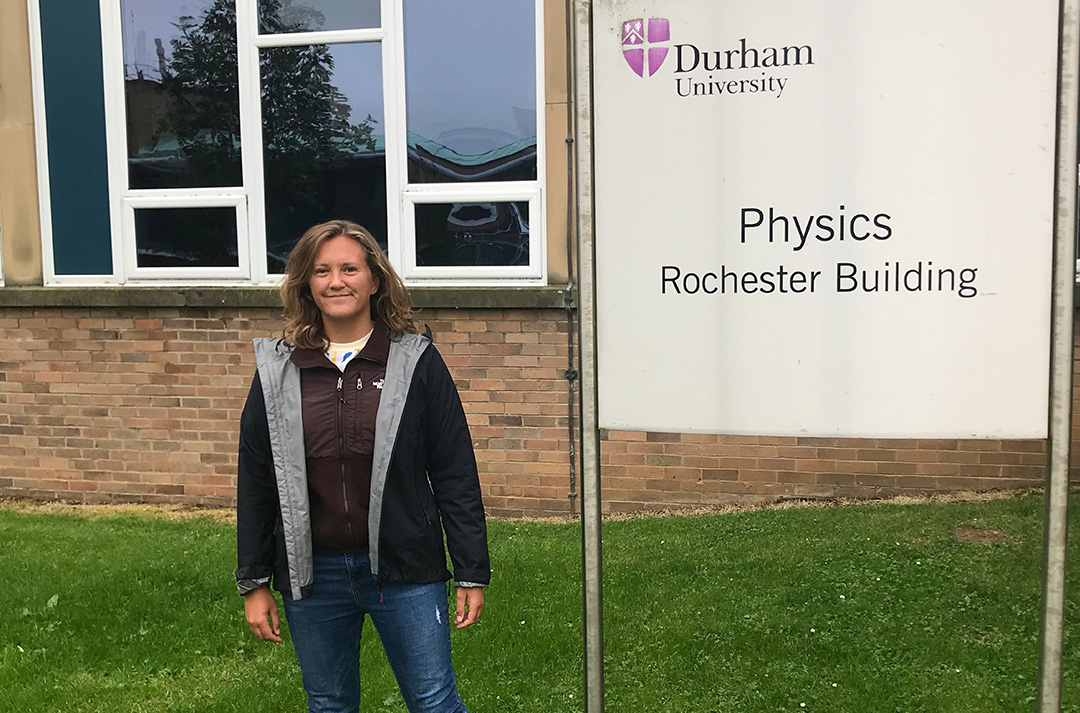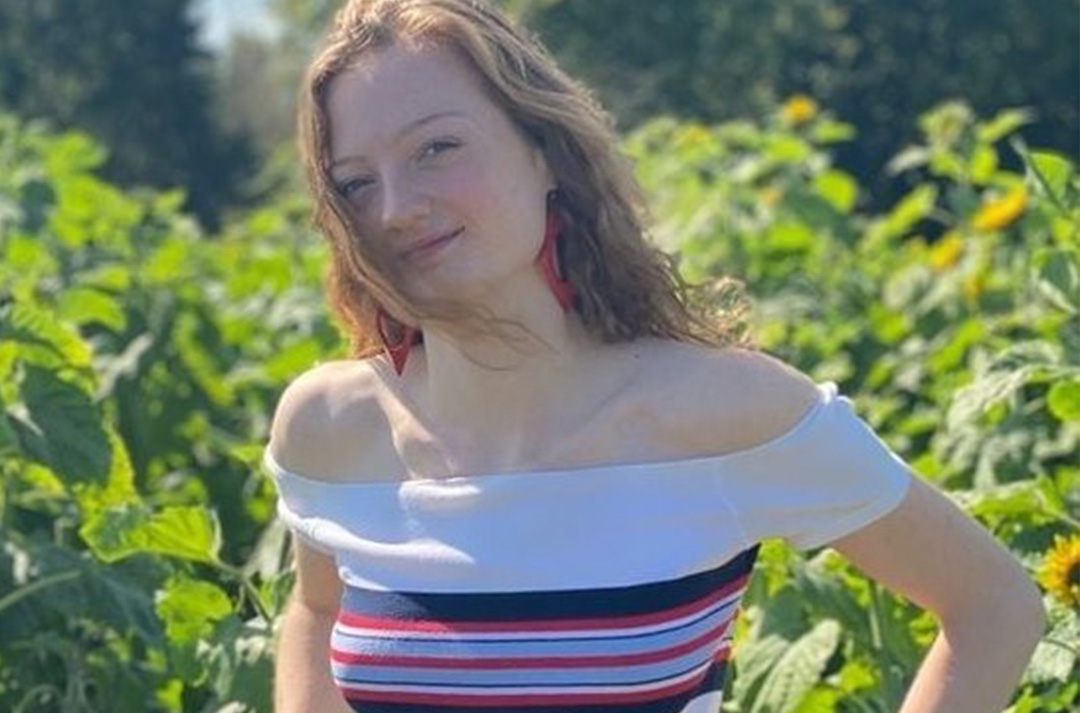A Level Mathematics (Further)
Do you enjoy solving puzzles and playing strategy games? Do you want to develop a deep understanding of big ideas? Do you what to know 'why' and not just 'how'? Do you want a stimulating and challenging course that will develop key skills such as problem-solving, logical reasoning, communication and resilience? If the answer is yes, this could be the course for you.
Key information
Mathematics / Full Time / A Levels and Equivalent
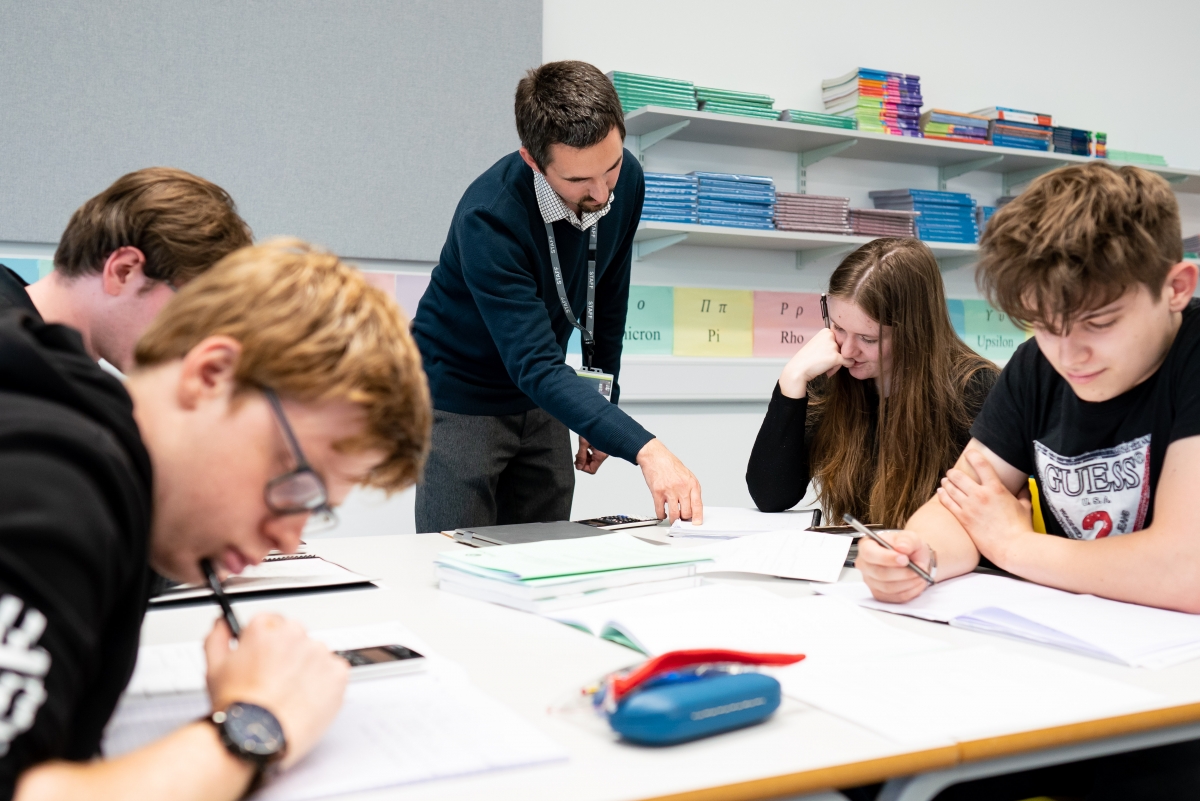
Why choose this course?
Further Mathematics provides an excellent preparation for a wide range of university courses as well as being a versatile qualification that is well respected by employers. Further Mathematics is an essential requirement for many degree-level Mathematics courses. By studying Further Mathematics you will increase your knowledge and understanding of mathematical techniques and their applications as well as enhancing your study of other subjects, in particular Physics, Chemistry, Biology, Geography, Psychology, Economics, Business Studies and PE.
Further Mathematics is a full A Level qualification that you can take alongside Mathematics. You will need to be studying (or have already achieved) the corresponding level in Mathematics. Taking A Level Mathematics and Further Mathematics will give you two A Levels and will mean that you spend about half your time at College studying on your Mathematics courses.
Further Mathematics is designed to stretch and challenge able young mathematicians by introducing you to new techniques and concepts, such as complex numbers and matrices, as well as studying material from A Level Mathematics in greater depth.
If you are still not convinced then you may be interested to know that Mathematics is the only A Level proven to increase earnings in later life - by an average of 10% - although hopefully your motivation is based on your desire to study a course that is satisfying, interesting, well respected, useful, fun and full of surprises.
What will I learn?
You will study the same material as students taking A Level Mathematics plus additional material for A Level Further Mathematics. You will need a calculator that can handle the statistical distributions. The recommended calculator is the Casio Classwiz fx-991EX. For the start of the course the calculator that you used for GCSE Mathematics is suitable, but the sooner you can get the new calculator, the sooner you can start learning how to use the useful new functions.
In Mathematics, you will extend some of the core ideas from GCSE Mathematics, such as quadratic equations, coordinate geometry, algebra, and trigonometry. You will also meet material that may be new to you, such as calculus, logarithms, trigonometric identities and vector geometry. You will extend the range of functions that you can use and learn about partial fractions, exponential functions, algebraic proof and the use of vectors in three-dimensional geometry. You will also develop differentiation and integration techniques that will enable you to deal with a wide variety of functions. You will use the core material to model practical problems and develop your problem solving skills as well as finding out about some of the background stories behind the ideas.
You will extend the quantitative methods and data handling work from GCSE Mathematics in the statistics part of the course. Much of this material will seem familiar, such as probability, data presentation and interpretation, although you will take the ideas further. You will also learn about statistical distributions and hypothesis testing and you will investigate a large data set to get a feel for some of the decisions that a statistician would have to make when processing and interpreting data.
You will also study some mechanics, exploring why moving objects move in the way they do and why stationary objects remain in static equilibrium. You will learn about modelling forces and develop equations for simple kinematics in one or two dimensions. You will learn how to apply Newton’s laws to predict the motion of simple systems that can be modelled as particles. There is some crossover with AS Physics, but you do not need to be studying Physics to understand mechanics in Mathematics.
In Further Mathematics, you will be introduced to some new and very useful areas of pure mathematics, such as algebraic proof, complex numbers, matrices, further algebra, further calculus and further vectors. You will apply these ideas to problems and meet more advanced ideas such as polar coordinates, differential equations, hyperbolic functions, de Moivre’s theorem and further work on matrices and using vectors in geometry.
You will also take two option papers to extend and broaden your understanding and application of Further Mathematics. These papers are will be Further Statistics 1 and Further Mechanics 1, allowing you to develop these applied areas further.
You will sit A Level exams in Mathematics and Further Mathematics at the end of the second year of the course. Additionally, you will have the opportunity to sit external AS exams in Further Mathematics at the end of the first year. These will not count towards your final A Level grade, but they will give you a very good idea of how you are progressing with the course, and will provide you with an official grade that you can note down on future applications, like UCAS.
Assessment Arrangements
Your success in this subject is dependent upon excellent attendance, punctuality and effort. There is a strong correlation between attendance/punctuality/effort and success.
- You will have weekly homework assignments from each of your two lecturers. These assignments will be quite substantial and you should expect to spend a couple of hours on each assignment. In the assignments you will usually be asked to do some preparation work for the next topic, some revision questions (which you will mark and correct yourself) on recent topics and some new questions on the current topic.
- You will have regular tests carried out in class, generally one each half term but more frequently at the start of the course.
- You will be encouraged to enhance your study experience by following up the work done in class with further reading, using websites or trying extra questions from the online textbooks.
- You will have access to exam papers, mark schemes and online worked solutions through the college Sharepoint site.
- You will review your own performance in one-to-one discussions with your tutor.
- You will be given mock examinations for Mathematics and Further Mathematics.
- You will be examined by traditional written examinations at the end of the second year, taken in May or June.
Information & Support
You will be expected to do a significant amount of work outside class. Drop-in support sessions are available for all Mathematics and Further Mathematics students, as well as email support from your lecturers.
You will have access to lots of additional resources through our Sharepoint site. Online versions of the textbooks we use in class will be available for you to access from home and in college. These include worked solutions to every exercise in the book. We also subscribe to Integral Maths, which contains tiered practice questions, online topic tests and useful resources. Your lecturers may set additional work for you to complete using Integral.
We also provide links to websites you may find useful, including Exam Solutions, a video tutorial website, and websites that include exam style practice papers so that you can further practice your skills.
If you plan to take your study of mathematics further, we will support you with this, which includes helping you to prepare for university entrance exams where appropriate.
We will encourage you to read widely and conduct your own research into topics that interest you. We will also direct you towards websites that you may find interesting or useful.
We also enter students for the UKMT Senior Maths Challenge and the Senior Team Challenge each year, some of whom progress to the Senior Kangaroo or rounds of the British Maths Olympiad.
Where will it take me?
A qualification in Further Mathematics is highly valued by many universities and employers. Further Mathematics is also an excellent subject to complement your other studies. There are obvious links with computing, sciences and finance based courses but Further Mathematics can also be useful for sharpening up your thinking skills, your logical reasoning and your pattern spotting, and as such it is useful for students studying most A Level courses.
Many universities require at least AS level Further Mathematics (and often ask for TMUA, MAT. AEA or STEP) for admission to their Mathematics degree courses, a few universities prefer applicants for their Engineering and Computing courses to have studied Further Mathematics to at least AS level. Further Mathematics is also useful for applicants to Economics and Actuarial Science degrees at some universities.
What will I need?
In terms of entry requirements, the minimum requirement is five GCSEs at 4 or above including at least grade 7 in GCSE Mathematics.
You will need to attend lessons with a pen, paper, pencil, ruler and calculator (Casio Classwiz fx-991EX). It is recommended that you have two folders, one for notes and one for assignments and marked work. Although you do not necessarily need to bring full folders of notes to each lesson, it would be handy to have notes from recent lessons to refer back to.
Most importantly, you need to come to lessons with a desire to develop your mathematical skills. You will need to be willing to make mistakes and have the drive and perseverance to correct them. Help and support will always be available to help you with this.
Additional Information
Awarding Body:
Edexcel
To obtain more information about this course, please call: 01208 224000 or email enquiry@callywith.ac.uk
